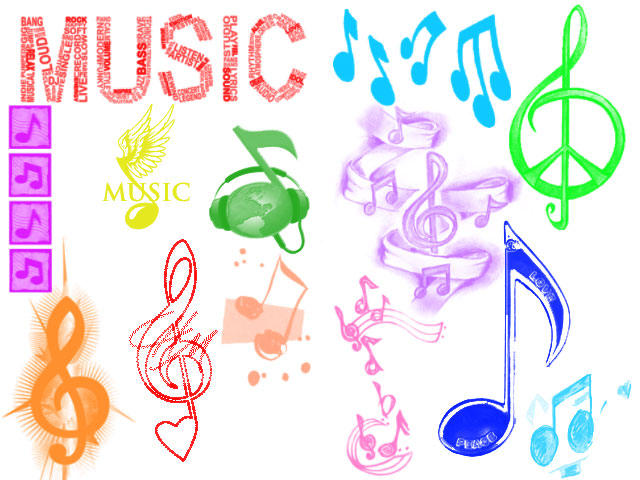
The physical benefits of music are fast becoming the rage. Slightly less known is music’s contribution to the betterment of our mental, emotional, and psychological health. The following compilation of melodic gains will have you re-downloading Pandora within the hour (despite the massive memory it consumes).
- 1. Reduce stress. Research has found that listening to music can relieve stress by triggering biochemical stress reducers.
- 2. Induce a meditative state. Listening to slow musical beats can alter brainwave speed, creating brainwave activity similar to when a person is meditating or in a hypnotic state. Some research suggests that using rhythmic stimuli (such as music) to induce these states can have a therapeutic effect, easing symptoms of migraines, PMS, and even behavioral issues.
- 3. Relieve symptoms of depression. When you’re feeling meh… music can drag you out of that mental rut. Research suggests the kind of music matters: Classical and meditative sounds seem to be particularly uplifting, whereas heavy metal and techno can actually make depressive symptoms worse.
- 4. Elevate mood. A 2013 study found that music helped put people in a better mood and get in touch with their feelings. Study participants rated “arousal and mood regulation” and “self-awareness” as the two most noticeable benefits of listening to music.
- 5. Improve cognitive performance. Background music can enhance performance on cognitive tasks. One study found that listening to music allowed test takers to complete more questions in the time allotted, and get more answers right. More recent research suggests that whether or not music improves cognitive function depends on whether the music first improves a person’s emotional state.
- 6. Help people perform better in high-pressure situations. Want to dunk the game-winning shot with 3 seconds left on the clock? Listen to upbeat music before the game. One study found that basketball players prone to performing poorly under pressure during games were significantly better during high-pressure free-throw shooting if they first listened to catchy, upbeat music and lyrics.
- 7. Reduce anxiety as much as a massage. One study found that music’s effect on anxiety levels is similar to the effect of getting a massage. And if you want to double down on stress relief, Listen to music during a massage. You will feel like a new person afterwards.
- 8. Relax patients before surgery. One study found that listening to music helped put cardiovascular surgery patients at ease as they awaited their operations. If you have ever had surgery, you are familiar with the nervousness, fear, and anxiety accompanied with “going under the knife”. A little Beethoven before surgery prep may be the key to peace!
- 9. Ease stress after surgery. Music isn’t only helpful pre-surgery. Another study revealed that listening to music while resting in bed, post-surgery, helped relax patients and decrease their stress levels.
- 10. Elevate mood while driving. Listening to music while driving can positively impact mood. So when someone cuts you off, someone parks too close at the grocery store, and someone else is texting while driving which makes you miss the light in the turning lane, turn on the radio. That’s what it’s made for…
- 11. Help cancer patients manage stress and anxiety. Music has been found to help cancer patients communicate their feelings, manage stress, and ease physical pain and discomfort. It can also reduce anxiety and improve their quality of life.
- 12. Ease recovery in stroke patients. Researchers in Finland concluded that when stroke patients listened to music for two hours a day, their verbal memory and attention improved and they had a more positive mood compared to patients who didn’t listen to music or who listened to audio books.
These exclusive musical benefits are the motivation for UNIVERSO’s commitment to introducing students to various art forms including but not limited to orchestra and symphonic band music. UNIVERSO is sponsored by Foundations of East Chicago.






